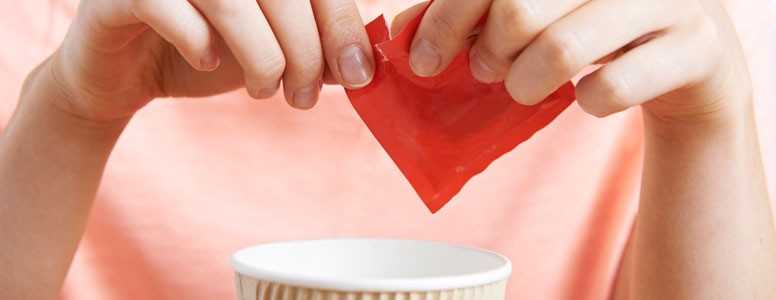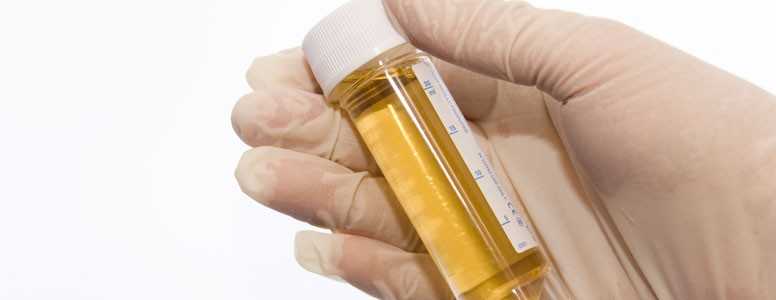The number of children consuming artificial sweeteners has risen by nearly 200 per cent in recent years, a US study shows.
It is the first time researchers have looked at how sweeteners used in food and drink are consumed by the American population.
“The findings are important, especially for children, because some studies suggest a link between low-calorie sweeteners and obesity, diabetes and other health issues,” said lead author Dr Allison Sylvetsky from the George Washington University Milken Institute School of Public Health.
Everyday sweetener consumption
Sylvetsky’s team said that less than nine per cent of young people were eating or drinking aspartamen, sucralose and saccharin in 1999.
But that number went up to 25 per cent in 2012 and it is thought that children as young as two are using the sweeteners, which are often found in diet drinks and low-fat processed foods.
Overall, 20 per cent of children reported having some form of sweetener at least once a day.
Sylvetsky said: Just 8.7 per cent of kids reported consuming low-calorie sweeteners in 1999 and 13 years later that number had risen to 25.1 per cent.
“Kids aren’t alone in this trend. More adults also are taking in low-calorie sweeteners in diet soft drinks and in a variety of foods and snack items.”
In fact, their results showed that 44 per cent of adults consume some sort of artificial sweetener once a day and 17 per cent ate or drank a low-calorie sweetener three times a day.
No ‘scientific consensus’
Data of 17,000 people, which was collected from the National Health and Nutrition Evaluation Survey from 2009 to 2012, was used as part of the study. The findings were then compared to data which was collected from another survey conducted between 1999 and 2008.
Although the US Food and Drug Administration (FDA) has approved the safe use of acesulfame-potassium, advantamen, aspartamen, neotamen, saccharin and sucralose, there is concern about how good for people they actually are.
The university said there is still no “scientific consensus” on whether using artificial sweeteners positively impacts the health.
Previous research has suggested they may aid weight loss, but others say they have found evidence to suggest they may lead to piling on the pounds.
A further issue, that we have previously reported, is that many of the studies showing health benefits of sweeteners have been funded by the soft drinks industry itself. This may have therefore introduced a bias towards showing artificial sweeteners to be healthier than they perhaps are.
Sylvetsky highlighted the alternatives people can choose to ensure they are eating the right things, adding: “Drink water instead of soda. Sweeten a serving of plain yoghurt with a little fruit. And don’t forget an apple or another piece of fresh fruit is a great snack for both kids and adults.”
The results were published in the Journal of the Academy of Nutrition and Dietetics.
What's new on the forum? ⭐️
Get our free newsletters
Stay up to date with the latest news, research and breakthroughs.








